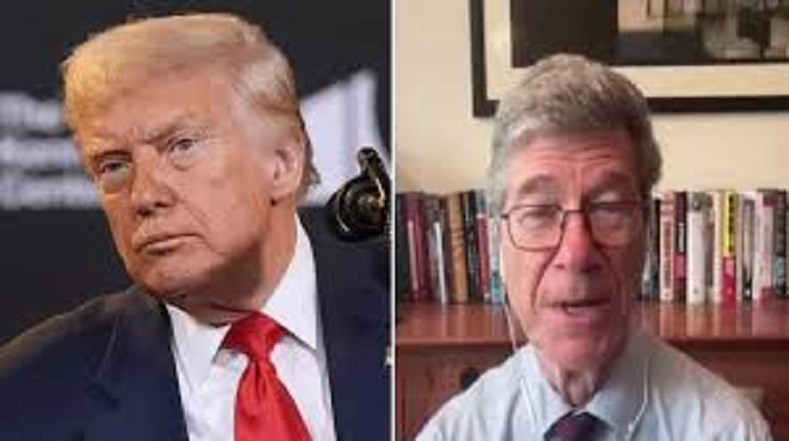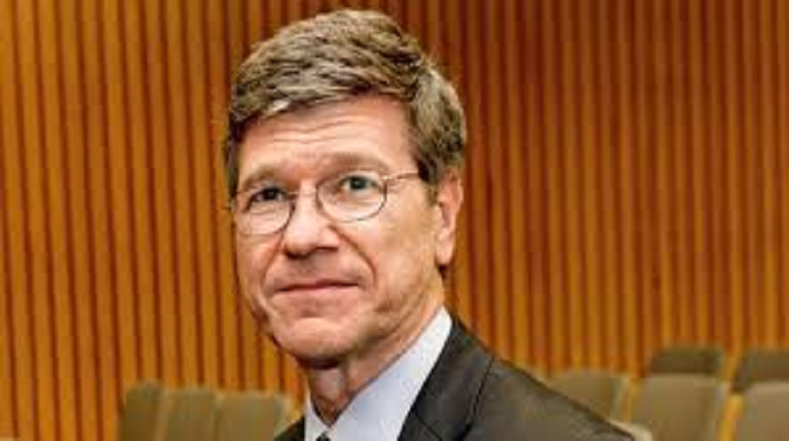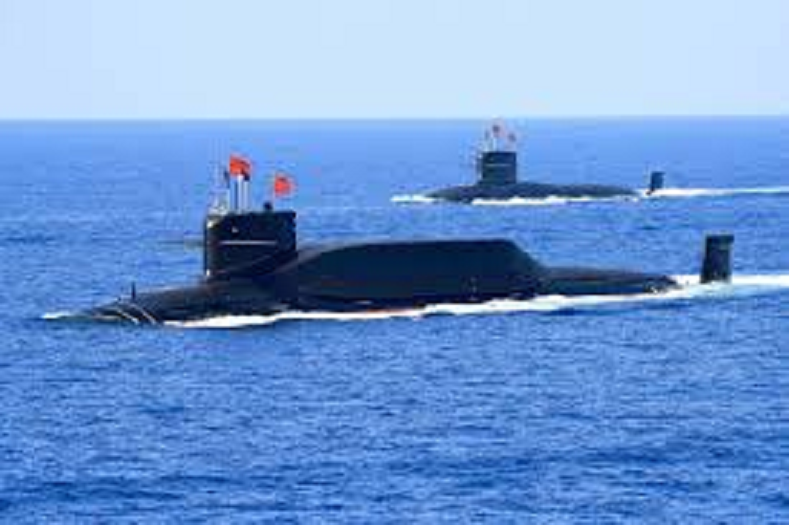US Economist On Tariff: A US economist called Trump's tariff decision foolish and destructive!
- bySherya
- 21 Aug, 2025

American economist Jeffrey D Sachs called the decision to impose tariffs on India the biggest mistake in American foreign policy. He warned that this would cause long-term damage to US-India relations.

Famous American economist and Columbia University professor Jeffrey D Sachs has strongly criticized US President Donald Trump's decision to impose tariffs on India. He said that this decision is not strategic but destructive. He called it the most foolish strategic move of American foreign policy. He said that this tariff has not only deeply hurt India-US relations but has also affected global alliances.
Sachs said that by imposing a 25% penalty tariff, the US gave Brazil, Russia, India, China and South Africa (BRICS) a great opportunity to unite. Within 24 to 48 hours of imposing the tariff, the contact between these countries increased. This strengthened the BRICS countries while harming the strategic interests of the US. He quipped that President Trump proved to be a great person who united the BRICS countries.
Attack on American leaders
During the interview, Sachs also targeted American leaders. He called Senator Lindsay Graham America's worst senator and even a fool. He called Trump's former trade advisor, Peter Navarro incompetent. Sachs said that advisors like Navarro have weakened American foreign policy and damaged America's reputation in the world.
Damage to US-India relations
Sachs warned that the impact of these tariffs will be long-term. Taking such a step against India, which could have become a strategic and diplomatic partner for the US, will cause great damage. Indians have now learned the lesson that you cannot trust the US. Sachs said that even if the tariffs are removed tomorrow, the image of the US in the mind of India has been tarnished.
No positive results of tariffs
Jeffrey D Sachs has called tariffs a complete failure. He said that they did not help in bringing any country to the negotiating table. On the contrary, it weakened an aspect of American foreign policy that had been relied upon for years.




